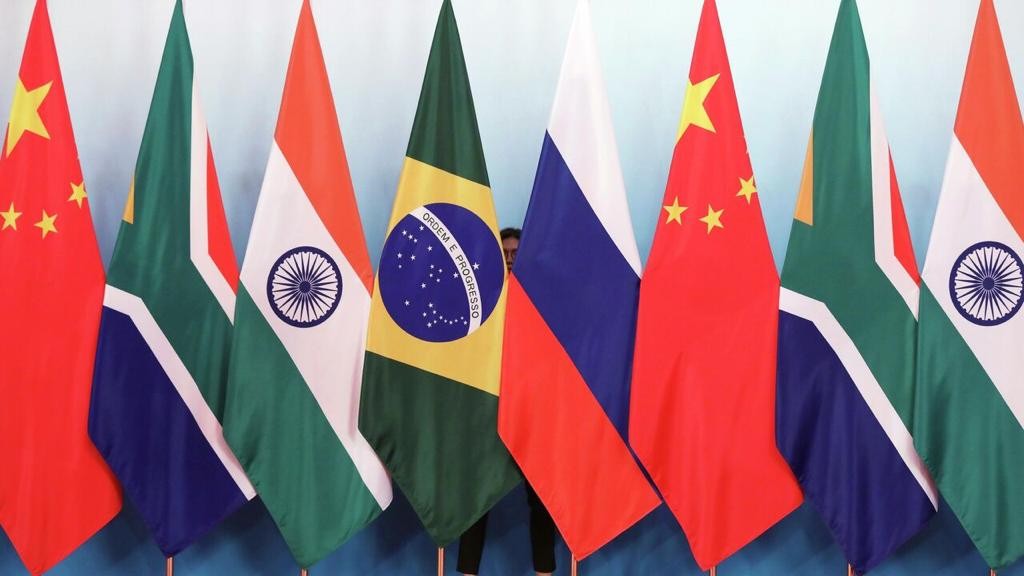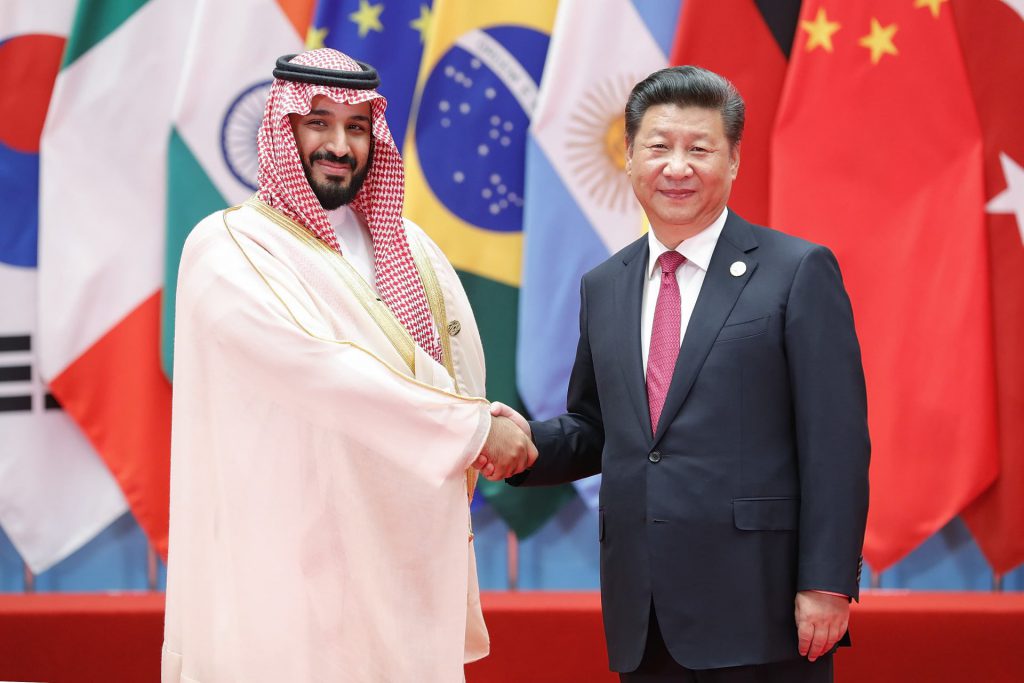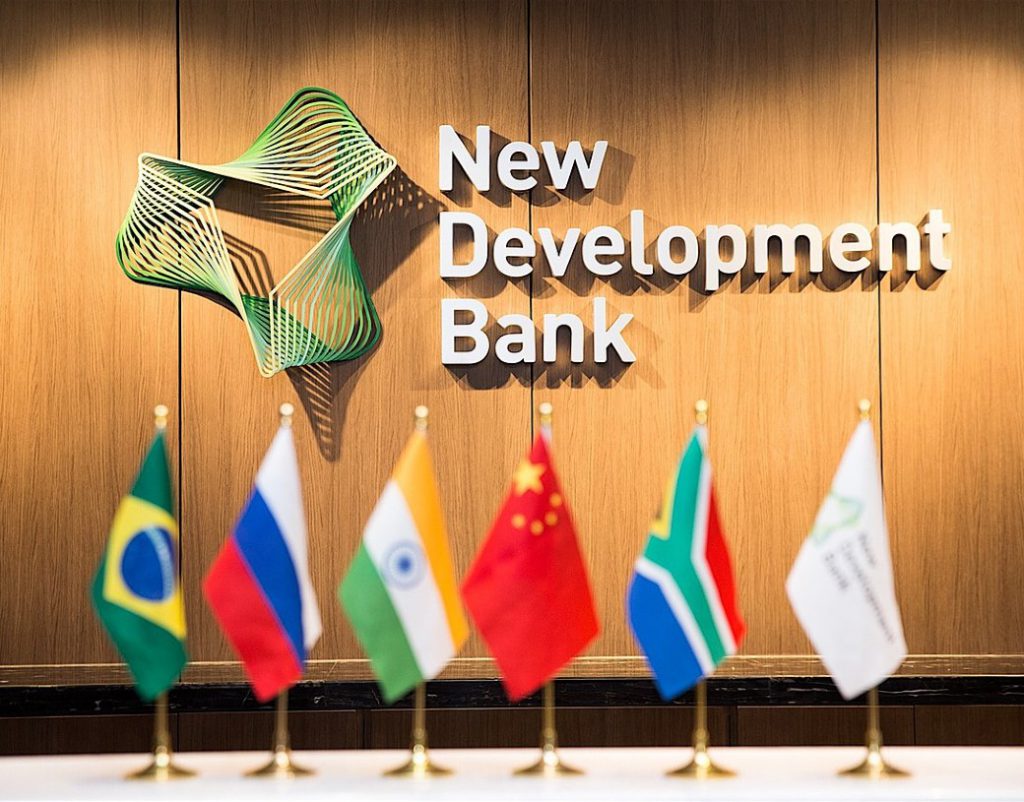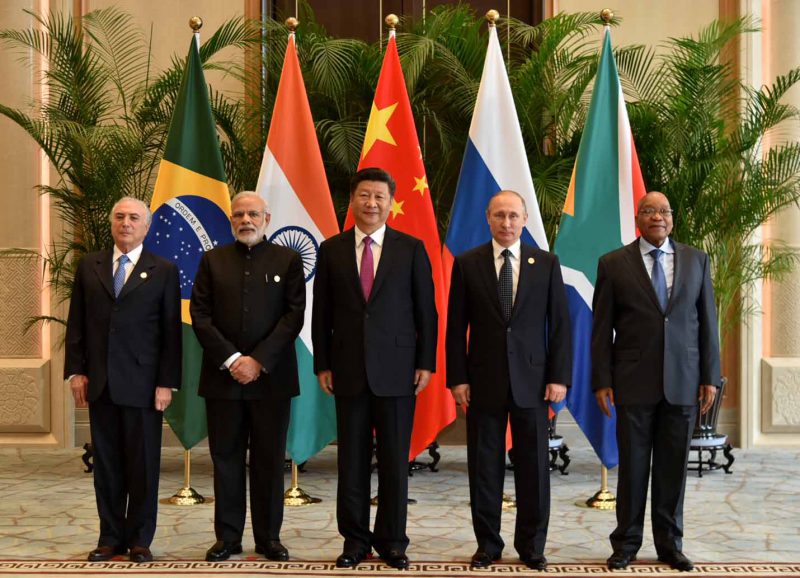With the BRICS summit fast approaching, the idea of expansion has been an important one for the bloc. Moreover, it coincided with the development of a native trade currency for the alliance. Thus, we break down 15 new countries that could join and adopt the potentially developed BRICS currency in 2023.
The current collective of Brazil, Russia, India, China, and South Africa has consistently expressed its interest in growth. Subsequently, the global south has seen a plethora of countries seek entry into the establishing bloc. Then, let’s look at some of those countries that could soon see inclusion in the alliance.
Read Also: What Does the Future of BRICS Look Like?
BRICS Inevitable Expansion


Over the last few months, the BRICS bloc has seen tremendous growth in its prominence. Indeed, it has clearly spoken of its desire to establish a multipolar world, challenging the dominance of Western hegemony.
Those aspects are primed to continue to be established with the crucial BRICS summit arriving in August. Specifically, that gathering is set to be the home of important discussions regarding potential expansion. Establishing guidelines for growth feels more like a matter of when than if.
Countries like Saudi Arabia, Turkey, Egypt, and more have made clear their interest in joining the bloc. Additionally, the President of the BRICS International Forum, Purnima Anand, discussed those nations and the expansionary possibilities of the bloc. Stating that the move would be a good one for its overall health and growth.


“All these countries have shown their interest in joining [BRICS] and are preparing to apply for membership. I believe this is a good step because expansion is always looked upon favorably; it will definitely bolster BRICS’ global influence,” Anand told RT News.
Moreover, they stated that the three countries previously mentioned have “already engaged in the process.” of expansion. Among those three countries are nations like Argentina and Venezuela, which have previously sought membership.
Read Also: BRICS: How Two Decades of GDP Growth Has it Ahead of The G7
The list does not stop there, as countries like Iran, Indonesia, the United Arab Emirates, Bangladesh, Turkey, Syria, Pakistan, Senegal, and Kazakhstan. Moreover, Nicaragua has recently discussed its desire to be part of the bloc.
Specifically, Nicaraguan Foreign Minister, Denis Moncada stated its desire to join the pursuit of a multipolar world. “Nicaragua has already expressed its interest in joining BRICS. It’s logical because it’s a new way, a new world, where developing countries can have better unity and have better development, a better world, a multipolar world,” Moncada said.
Multipolarity and a New Currency


The interest from these 15 new countries in joining BRICS has come down to the vitality of two concepts: multipolarity and a new currency. Many of the nations have shown interest in joining its ranks and have also embraced the challenge of Western dominance. Something that the BRICS countries have clearly embraced.
The dominance of the West and the perceived abuse of power by the US have driven many countries to seek multipolarity in the global landscape. Nevertheless, the BRICS summit presents an opportunity for the bloc, and expansionary nations could catapult this process.
Read Also: BRICS: How Close is a Multipolar World?
The summit will provide a chance for the bloc to observe guidelines for expansion. Therefore, presenting a list of countries that would be viable additional. Moreover, it will present an opportunity to discuss the development of a BRICS currency. This could be even more vital, as a trade currency for the bloc will fast-track the de-dollarization efforts of the collective.
These two ideas will feed each other. As the bloc grows, so does the currency. Therefore, as the collective expands, its power to promote its counterbalance to Western dominance will only strengthen.
Conversely, the bloc will have to navigate concerns regarding the nations involved. Russia and China present the greatest power and economy, with other nations still developing. However, the presence of the New Development Bank is designed to deal with those challenges. Moreover, with Saudi Arabia seeking to fund the bank, it will maintain the necessary capital to support all nations, with varying interests.





